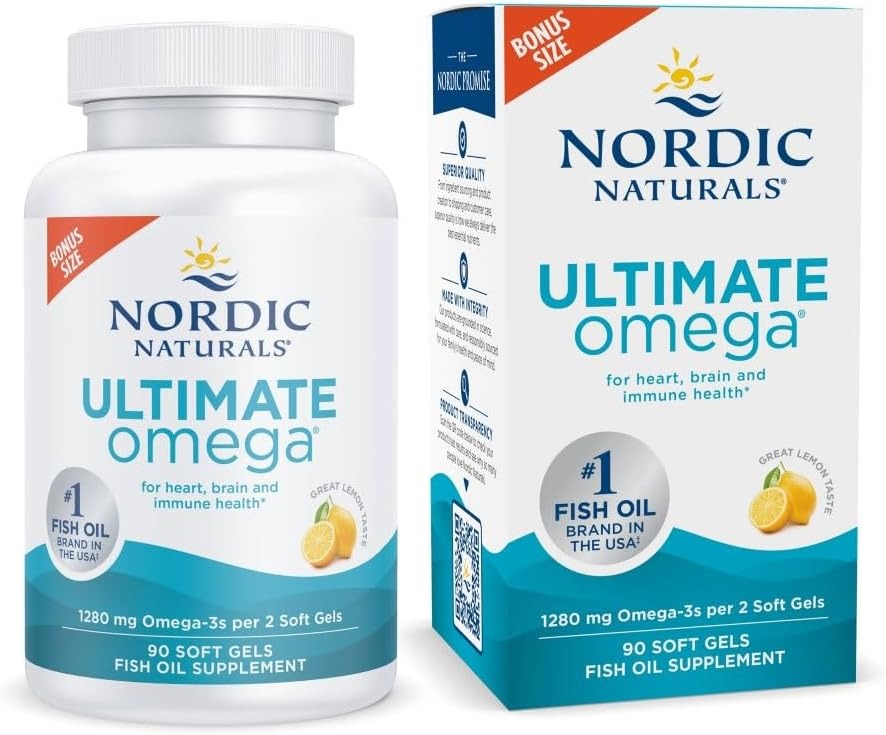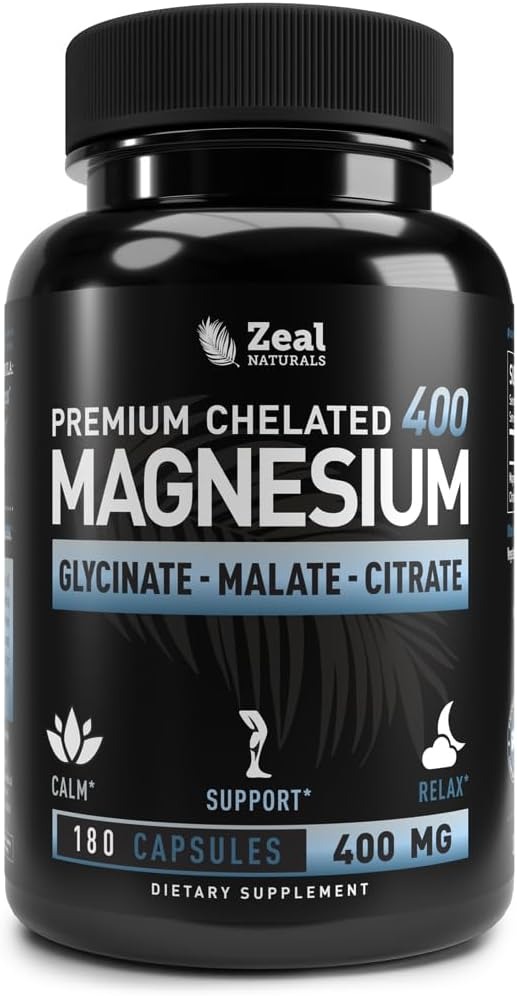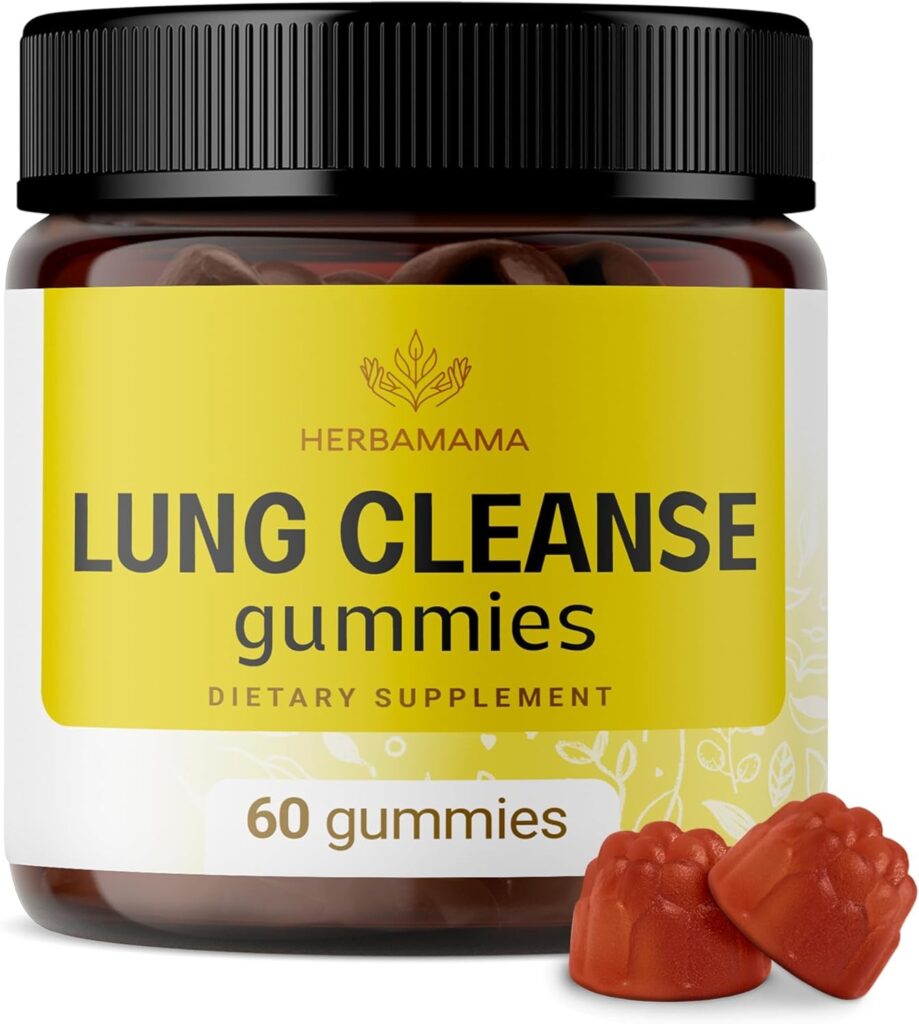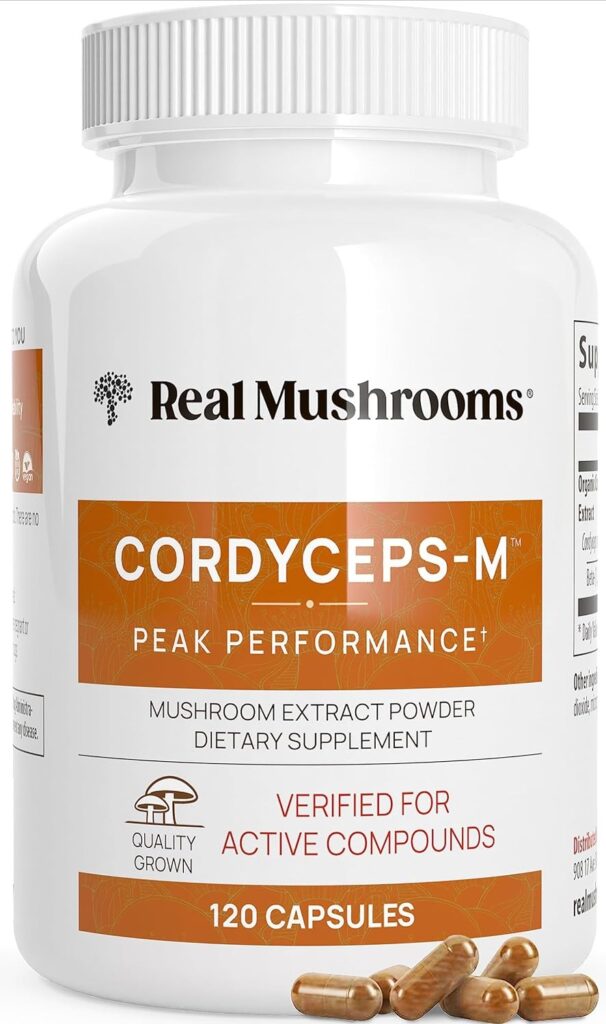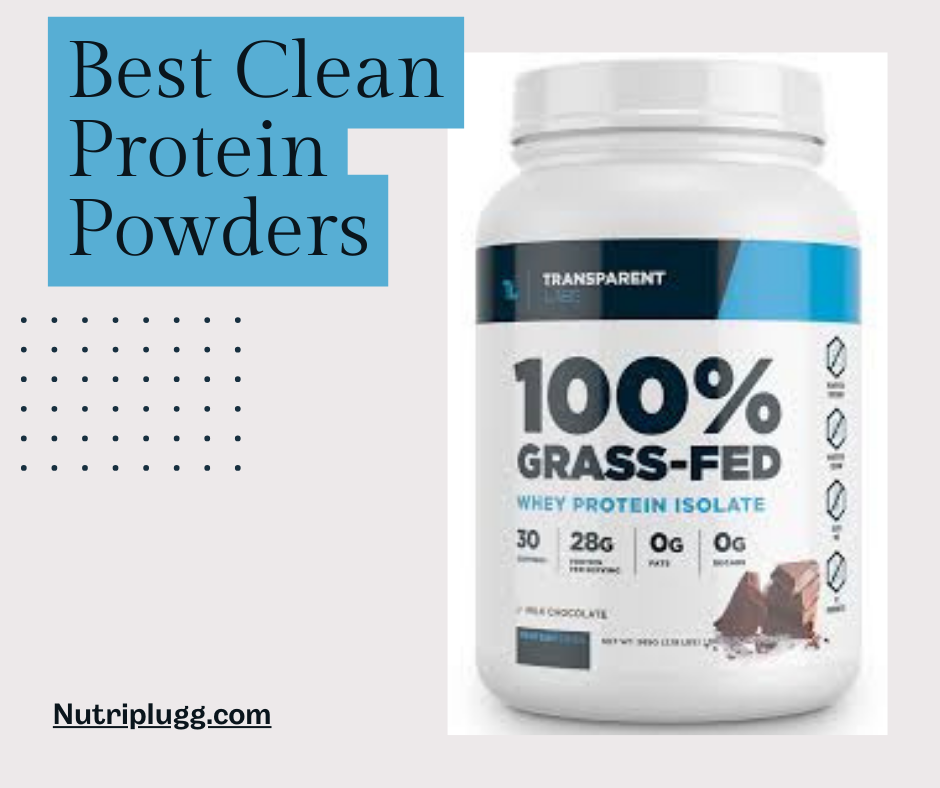10 best supplements for lung health
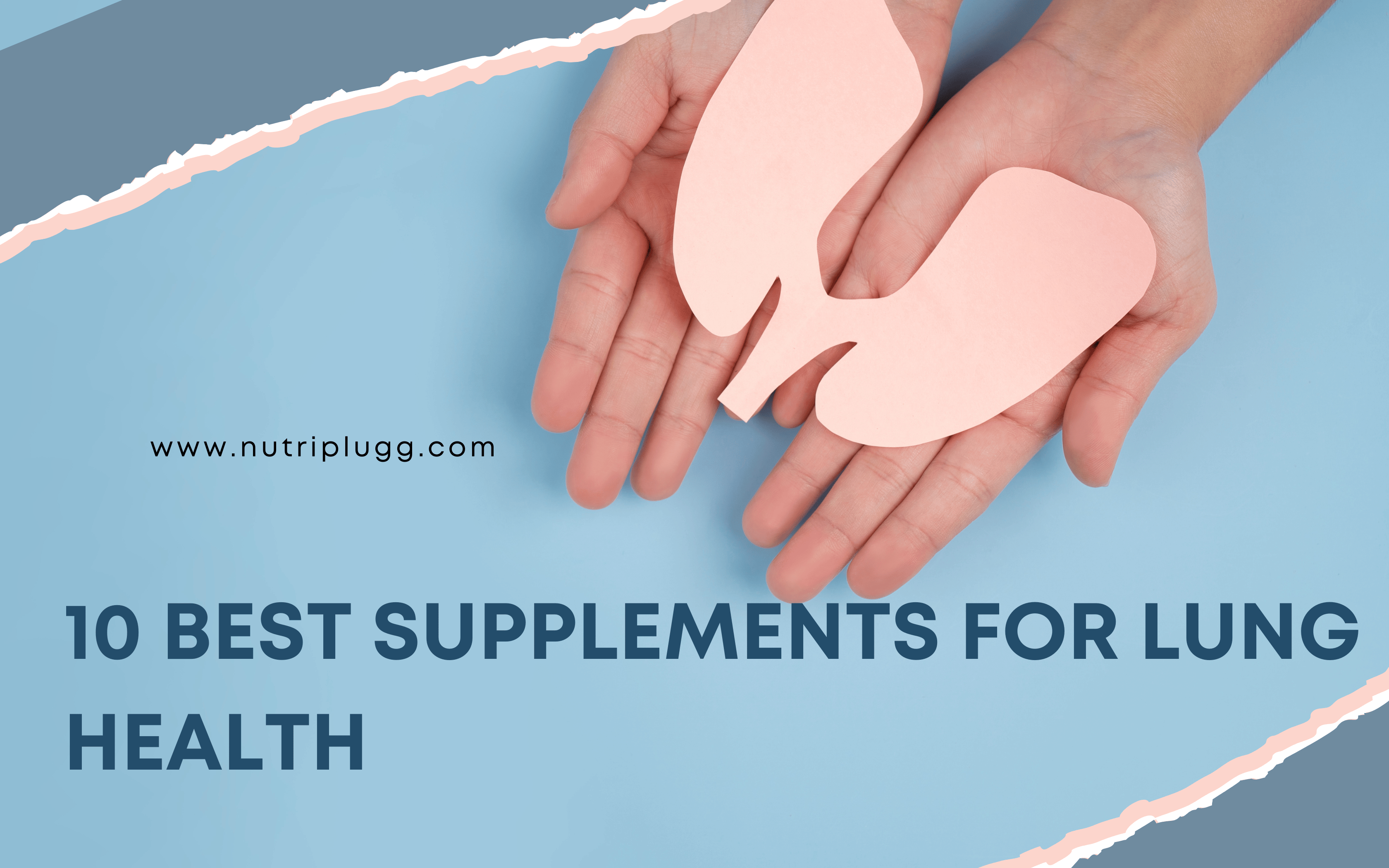
10 best supplements for lung health
Keeping your lungs healthy is really important for your overall well-being, especially because things in our environment and the way we live can affect how well our lungs work. Eating well and staying active are key, but taking certain supplements can also help keep your lungs strong and working well. This guide explores the top 10 supplements that are known to be good for lung health.
1. Vitamin D
Vitamin D is not just essential for bone health but also plays a significant role in respiratory health. Research suggests that adequate vitamin D levels may reduce the risk of respiratory infections and improve lung function. It is synthesized naturally in the body through sunlight exposure and can also be obtained from supplements, especially in regions with limited sunlight.
- Natural Sources: Sunlight is the best natural source of vitamin D. Foods that contain vitamin D include fatty fish (such as salmon, mackerel, and tuna), egg yolks, and fortified dairy products (like milk and yogurt).
2. Omega-3 Fatty Acids
Found in fish oil and flaxseed oil, omega-3 fatty acids are renowned for their anti-inflammatory properties. Inflammation in the lungs can contribute to conditions such as asthma and chronic obstructive pulmonary disease (COPD). Omega-3s help reduce inflammation, potentially easing symptoms and improving lung function.
Natural Sources: Fatty fish such as salmon, mackerel, sardines, and trout are excellent sources of omega-3 fatty acids. Other sources include flaxseeds, chia seeds, walnuts, and flaxseed oil.
3. Antioxidants
Antioxidants like vitamins C and E, selenium, and beta-carotene protect the lungs from oxidative stress caused by pollutants and toxins in the environment. They neutralize free radicals that can damage lung tissues, thus supporting respiratory health. Consuming a diet rich in fruits and vegetables or taking antioxidant supplements can be beneficial.
Natural Sources: Antioxidants like vitamin C can be found in citrus fruits (oranges, grapefruits), strawberries, kiwi, bell peppers, and tomatoes. Vitamin E is abundant in nuts (almonds, hazelnuts), seeds (sunflower seeds), and vegetable oils (sunflower oil, safflower oil).
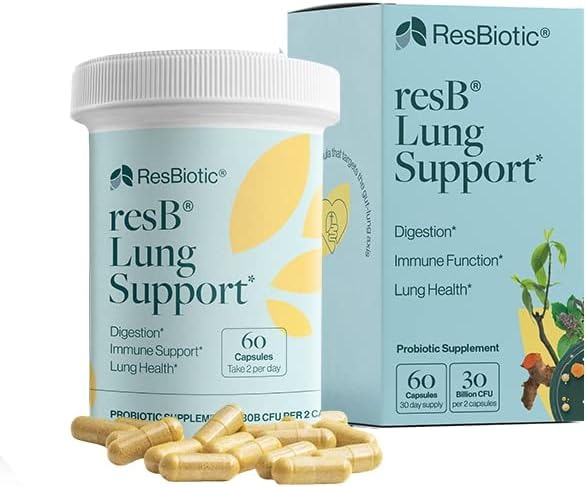
4. Magnesium
Magnesium is involved in various physiological processes, including muscle function and relaxation. In the context of lung health, magnesium helps support the muscles around the airways, promoting relaxation and easing breathing. It may also help manage symptoms of asthma and COPD.
- Natural Sources: Magnesium-rich foods include leafy green vegetables (spinach, kale, Swiss chard), nuts and seeds (almonds, cashews, pumpkin seeds), legumes (black beans, chickpeas), whole grains (brown rice, quinoa), and some fish (halibut, mackerel).
5. N-Acetylcysteine (NAC)
NAC is a powerful antioxidant and mucolytic agent that can help break down mucus in the lungs. It is commonly used to treat conditions like chronic bronchitis and COPD by thinning mucus secretions, making it easier to expel and improving respiratory function.
Natural Sources: NAC itself is not found in significant amounts in natural foods, but foods rich in cysteine (which the body can use to produce NAC) include poultry, yogurt, cottage cheese, oats, and wheat germ.
6. Quercetin
Quercetin is a flavonoid with anti-inflammatory and antioxidant properties. It helps reduce inflammation in the airways and may improve lung function, particularly in individuals with asthma or allergies. Quercetin also supports immune function, which is crucial for fighting respiratory infections.
Natural Sources: Quercetin is found in foods such as apples, berries (cranberries, blueberries), onions, capers, and green leafy vegetables (kale, spinach).


7. Curcumin
Curcumin, the active compound in turmeric, has potent anti-inflammatory and antioxidant effects. It can help reduce inflammation in the lungs and may benefit individuals with conditions like asthma and COPD. Curcumin also supports overall lung health by combating oxidative stress.
Natural Sources: Curcumin is the active compound in turmeric. To increase absorption, it is often consumed with black pepper. Turmeric can be used in cooking, added to curries, soups, and teas.
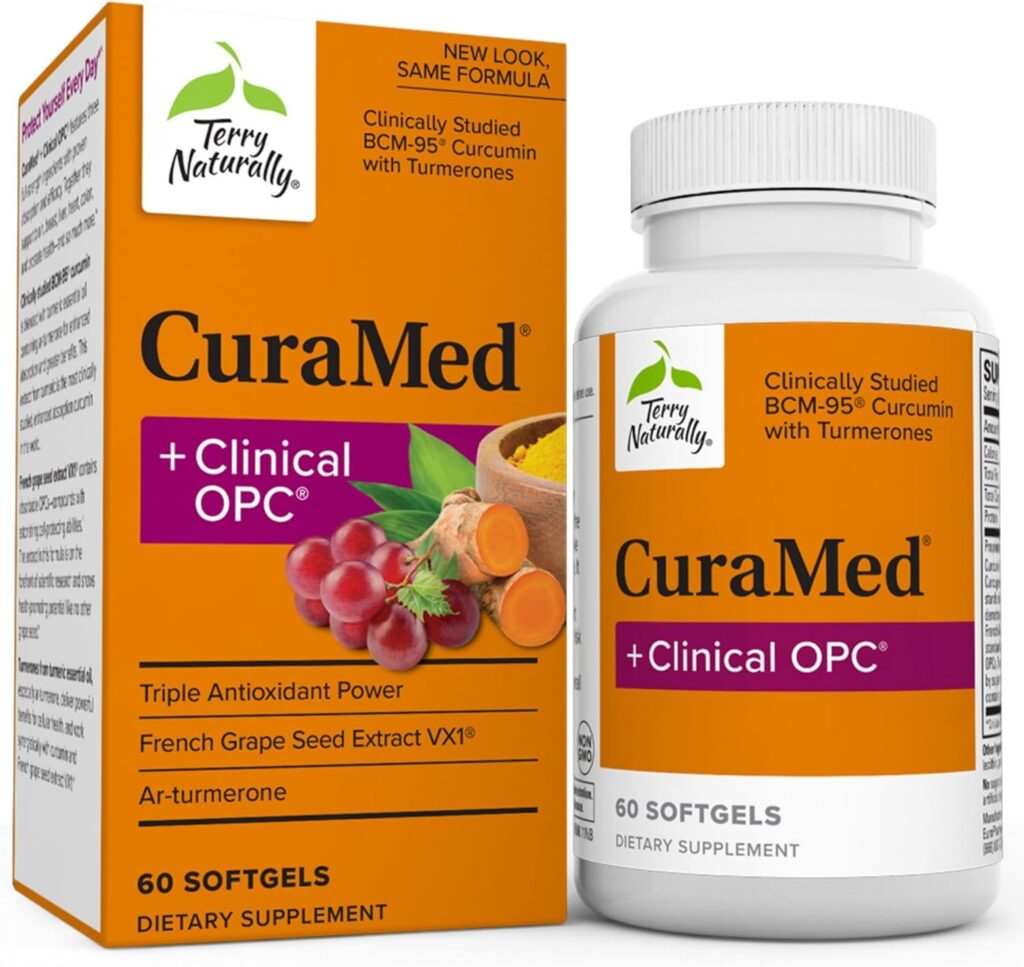

8. Ginseng
Ginseng is an adaptogenic herb known for its ability to enhance immune function and reduce inflammation. It has been studied for its potential benefits in improving lung function and exercise capacity in people with COPD. Ginseng may also help reduce respiratory infections by boosting immune response.
Natural Sources: Ginseng is a root plant available in various forms such as Korean ginseng (Panax ginseng) and American ginseng (Panax quinquefolius). It can be consumed as a tea, in capsule form, or as a supplement.

9. Cordyceps
Cordyceps is a medicinal fungus with anti-inflammatory and immune-modulating properties. It has traditionally been used to support respiratory function and improve oxygen utilization. Cordyceps supplements may help enhance lung health and endurance, making it beneficial for athletes and those with respiratory conditions.
- Natural Sources: Cordyceps is a type of fungus that grows on caterpillars in the wild. It is also cultivated and available in supplement form, often as a powder or extract.
10. Bromelain
Bromelain is a mixture of enzymes found in pineapple stems known for its anti-inflammatory properties. It can help reduce inflammation in the respiratory tract and improve breathing. Bromelain supplements may be particularly beneficial for individuals with asthma or chronic sinusitis.
Natural Sources: Bromelain is found naturally in pineapple, particularly in the stem. Eating fresh pineapple or drinking pineapple juice can provide small amounts of bromelain.
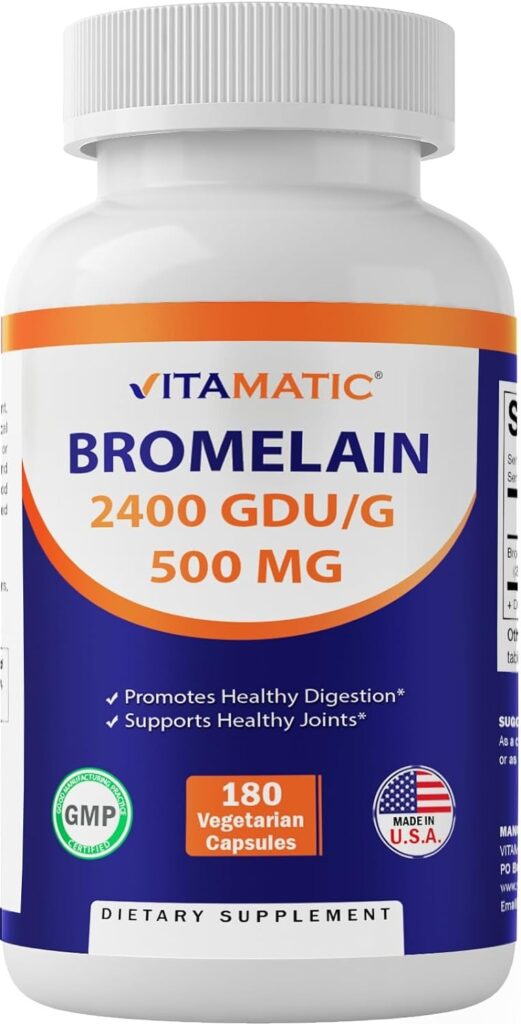

How to Incorporate These Supplements into Your Routine
While these supplements offer promising benefits for lung health, it’s essential to use them wisely and under the guidance of a healthcare provider, especially if you have pre-existing medical conditions or are taking medications. Here are some practical tips for incorporating these supplements into your daily routine:
- Consult with a healthcare professional: Discuss your specific health needs and concerns before starting any new supplements.
- Choose high-quality supplements: Look for reputable brands that adhere to good manufacturing practices (GMP) and undergo third-party testing.
- Follow recommended dosages: Take supplements as directed to achieve optimal benefits without exceeding safe limits.
- Combine with a balanced diet: Supplements should complement a healthy diet rich in fruits, vegetables, whole grains, and lean proteins.
- Monitor your health: Pay attention to how your body responds to supplements and adjust as needed based on your health goals and outcomes.
Faqs
1. What are the best supplements for lung health?
The best supplements for lung health include vitamin D, omega-3 fatty acids, antioxidants (such as vitamins C and E), magnesium, N-acetylcysteine (NAC), quercetin, curcumin, ginseng, cordyceps, and bromelain. These supplements are known for their anti-inflammatory, antioxidant, and immune-supporting properties, which can benefit respiratory function.
2. How do these supplements help improve lung health?
- Vitamin D: Supports immune function and may reduce the risk of respiratory infections.
- Omega-3 Fatty Acids: Have anti-inflammatory properties that can reduce inflammation in the airways.
- Antioxidants: Protect lung tissue from oxidative stress caused by pollutants and toxins.
- Magnesium: Supports muscle function around the airways, aiding in relaxation and improved breathing.
- NAC: Acts as a mucolytic agent, helping to break down mucus and improve respiratory function.
- Quercetin: Reduces inflammation in the airways and supports immune function.
- Curcumin: Has anti-inflammatory and antioxidant effects that can benefit lung health.
- Ginseng: Enhances immune function and may improve lung function in individuals with respiratory conditions.
- Cordyceps: Supports respiratory function and improves oxygen utilization.
- Bromelain: Has anti-inflammatory properties that can reduce inflammation in the respiratory tract.
3. Are these supplements safe to take?
Generally, these supplements are safe for most people when taken at recommended dosages. However, it’s essential to consult with a healthcare professional before starting any new supplement regimen, especially if you have pre-existing health conditions, are pregnant or breastfeeding, or are taking medications.
4. Can supplements replace a healthy diet and lifestyle?
Supplements should complement a healthy diet and lifestyle, not replace them. A balanced diet rich in fruits, vegetables, whole grains, lean proteins, and regular exercise are fundamental for overall health, including lung health. Supplements can provide additional support, especially when dietary intake may be insufficient.
5. How should I choose supplements for lung health?
- Consult with a healthcare provider: Discuss your specific health needs and any potential interactions with medications.
- Quality matters: Choose supplements from reputable brands that adhere to good manufacturing practices (GMP) and undergo third-party testing for purity and potency.
- Read labels carefully: Look for supplements that contain the active ingredients in effective doses without unnecessary additives.
- Start with one supplement at a time: Introduce supplements gradually to monitor how your body responds.
6. Are there any side effects of these supplements?
While generally safe, some supplements may cause mild side effects such as digestive upset or allergic reactions in sensitive individuals. NAC, for example, may cause nausea or vomiting in some people. Always follow recommended dosages and discontinue use if you experience any adverse effects.
Conclusion
Incorporating these top 10 supplements into your daily regimen can support and enhance lung health, providing additional protection against respiratory infections, inflammation, and oxidative stress. While supplements can be beneficial, they are not a substitute for a healthy lifestyle that includes regular exercise, adequate sleep, and avoiding smoking and environmental pollutants. By taking proactive steps to care for your lungs, you can optimize your respiratory function and overall well-being for years to come.

